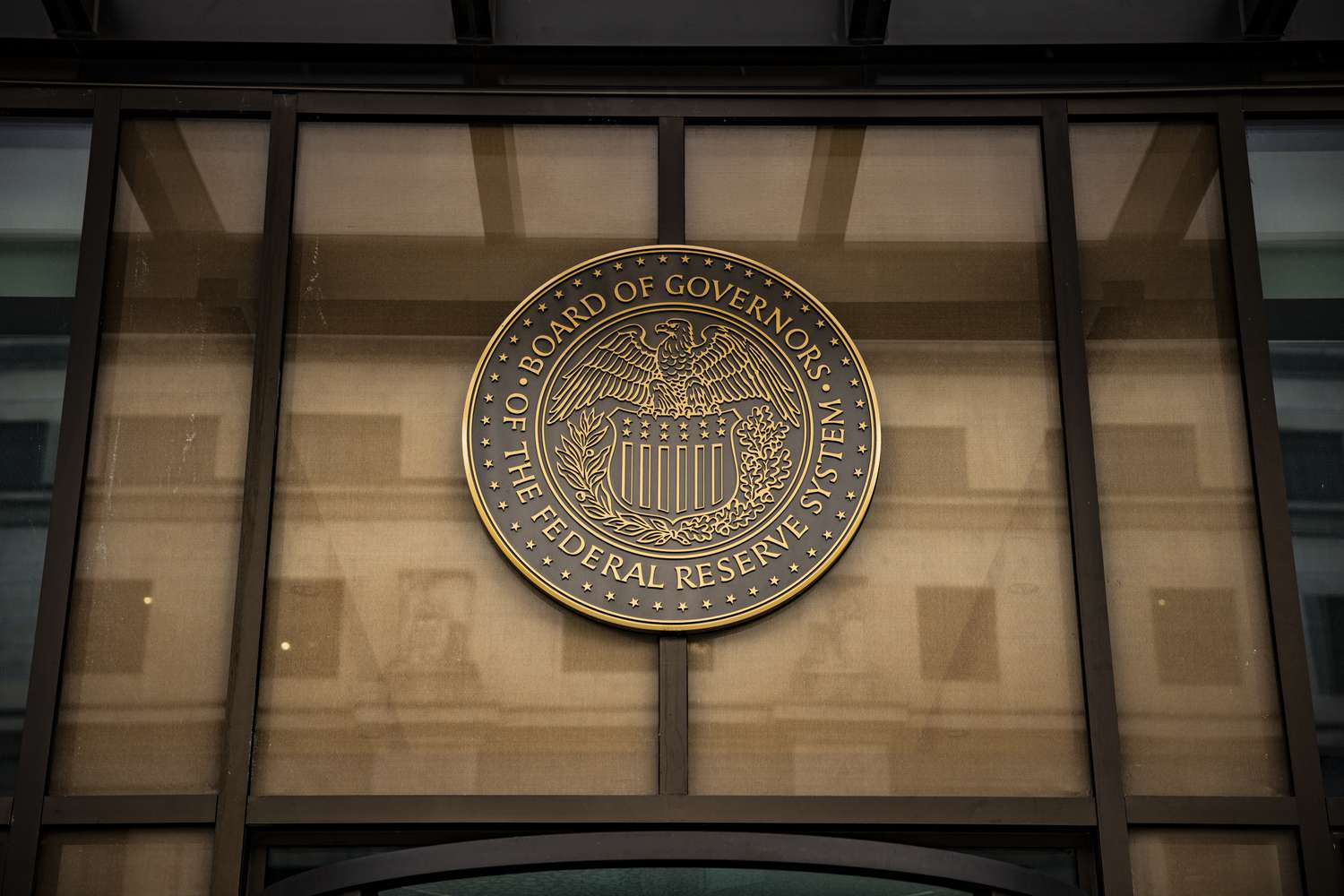Darius Dale recently joined Samantha Vadas on Schwab Network to break down the fifth major policy mistake of the Powell Fed dating back to 2018 (e.g., “too late” to stop tightening in 2018, “too late” to ease in 2020, “too late” to start tightening in 2021, asleep at the bank supervision wheel in 2023). During the interview, Darius explains why the Fed is not as data dependent as it claims to be, how tariffs are not inflationary, and why rate cuts are long overdue.
If you missed the discussion, here are three key takeaways that likely have huge implications for your portfolio:

1) The Fed is Not as Data Dependent as They Claim To Be
Darius challenges the narrative that The Fed operates purely as a data dependent institution. If the Fed was as data dependent as they claim to be, they would treat a leading indicator of inflation–i.e., growth–as a primary signal and respond with a more dovish policy stance.
Key Takeaway: The July Jobs Report, Q2 GDP Report, and the latest PCE Report all point toward the need for rate cuts sooner rather than later to preserve the business cycle. The Fed’s current 2% inflation target is an arbitrary and dangerous goal.
2) Tariffs Are Not Inflationary
Tariffs are not inflationary, and instead, should be treated as one-off price level adjustments that in turn will slow economic growth. Darius urges that the Federal Reserve should not base monetary policy on inflation, the most lagging indicator of the business cycle.
Key Takeaway: The Fed’s continued focus on inflation risks compounding previous policy mistakes, while forward-looking growth indicators point to an acute need for easing.
3) Paradigm C is Here to Stay
Darius reiterates 42 Macro’s “Paradigm C” Thesis that we introduced in mid-late April. Over the medium-to-long term, the Trump administration is committed to growing its way out of historic indebtedness. The administration will continue to pull levers from a fiscal policy, deregulation, and trade policy perspective—eventually resulting in a durable, net positive shock to growth.
Key Takeaway: Any policy-driven volatility in the near-term must be seen as a buying opportunity. Our KISS Model Portfolio is well positioned to benefit from these structural upside risks.

Final Thought: “KISS” Your Portfolio Before It’s Too Late
The Fed’s latest missteps highlight how quickly the policy landscape can shift, and how dangerous it is to anchor decisions to lagging indicators. In an environment where growth signals are flashing red and inflation narratives remain misunderstood, investors need a process that cuts through noise and focuses on forward-looking data.
If you are not confident your portfolio is positioned correctly for the evolving macro landscape, partner with 42 Macro for data-driven insights and proven risk management overlays—KISS and Dr. Mo—to help you stay on the right side of market risk.
No catch—just real insights to help you stay ahead in the #Team42 community.
Best of luck out there,
— Team 42


